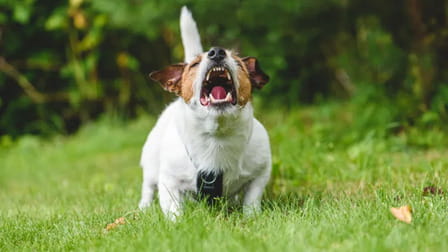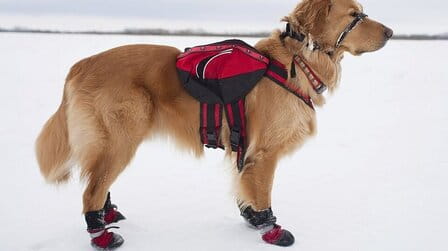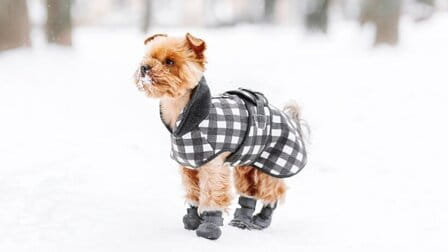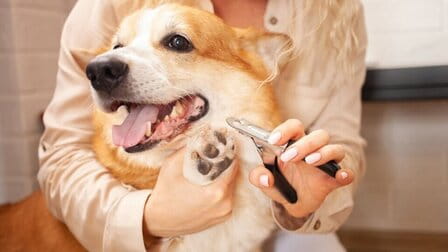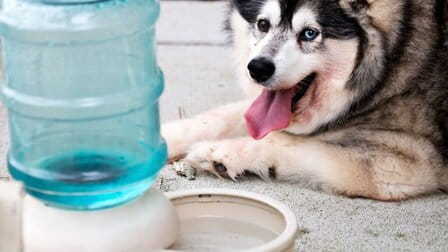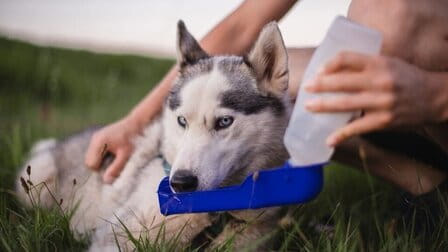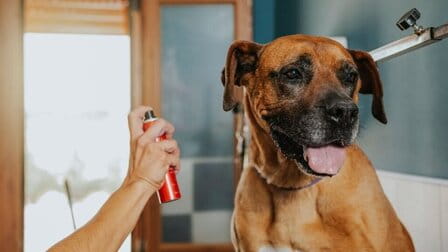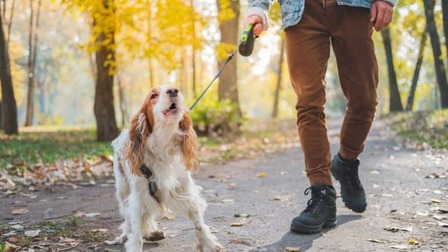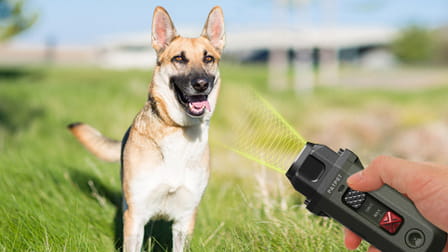Do you believe your dog requires a coat? Despite common opinion, the goal of wearing a dog coat is not only to make your dog seem fashionable; it also has several other advantages. Dog jackets are winter sweaters for your canines. Not only that, but there are numerous more reasons to get a dog coat, which we will address later in this post. Continue reading to find out more benefits of dog coats:
1. Benefits of Dogs Coats
Factor of age
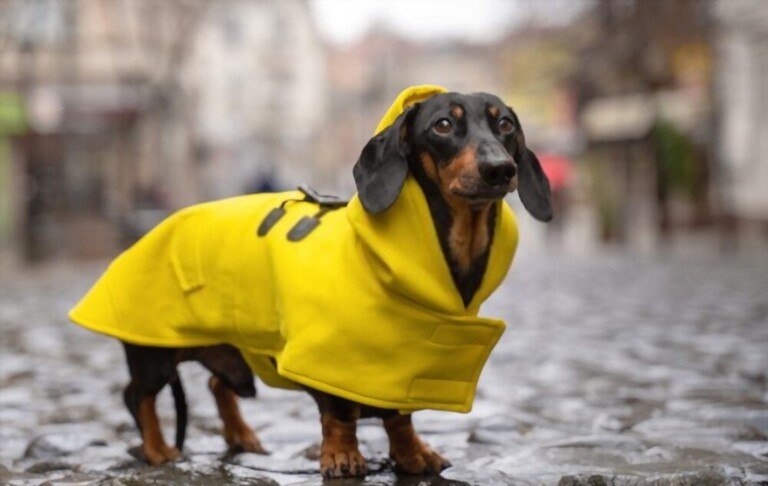
Any species' ability to cope with the cold appears to deteriorate with age, and dogs are no exception. Because their bodies are not efficient enough to regulate heat, old or sick dogs require more warmth than other dogs. Because their coats are not fully formed to keep them warm, even pups are sensitive to cold temperatures. Additionally, dogs suffering from arthritis, or any other chronic illness may require a coat to assist relieve pain and keep them warm and comfortable.
Breed of dog

Breed of dog is also one of the benefits of dog coats. The need for a dog coat is also determined by the breed. Except in inclement weather, thick-haired breeds do not require additional protection. Pugs, for example, have a little undercoat and require extra warmth in the winter. Furthermore, the extra warmth of the dog's coat will make thin and small breeds feel much more comfortable. These dogs lack the body mass required to keep warm throughout the cold.
Extreme Weather

Even thick-haired dog breeds like the Akita and husky may require a dog coat to protect them from frostbite in cold weather. Furthermore, in locations where there is a lot of rain, a dog coat can assist keep the dogs from getting wet, which can make them sick.
Playing Motivation

Playing with motivation is also the benefit of dog coats. Even the most energetic dogs are hesitant to go outside and play in the cold. If the dog is severely chilly, they may refuse to go outside to respond to nature's call. Wearing a dog coat in this situation might assist them in being warm and comfortable, which may encourage them to venture outside.
Encouragement

You may notice that some dogs are scared to go outside in the cold if you look attentively. It might take a few encouraging words to get them out the door and out into the freezing weather. In cold weather, the increased warmth of garments made for those circumstances might encourage your dog to go outside. If your dog is relaxed, he or she is more likely to comply and get the exercise they require, as well as answer to nature's call.
Illness

Your dog may be more vulnerable to the effects of cold weather while he is sick or wounded than when he is well. If your dog isn't feeling well, his resistance will be reduced. Keeping your pet warm in the winter will help him stay healthy.
2. Can Cold Make Your Dog Sick?

While the weather outside may be dreadful, your beloved pet is most likely eager to come out and enjoy the fresh snowfall. However, your canine companion, like people, is susceptible to a variety of ailments brought on by exposure to cold weather. Hypothermia, frostbite, a cold, and kennel cough are the most common.
Other than kennel cough, humans are susceptible to a variety of illnesses that are quite like those observed in dogs and are only seen during the winter months. We may easily get hypothermic (when your core temperature drops too low) or frostbitten, and everyone knows that winter is the ideal season for catching a cold.
In the winter, the greatest thing you can do for your dog is restrict their exposure to the outdoors. While certain breeds, such as Alaskan malamutes, Siberian huskies, and Samoyeds, are designed for harsher climates, most dogs are not well-equipped for long-term cold weather exposure and are sensitive to winter's impacts.

Being outdoors in the cold for an extended period of time might make your dog unwell. It's all too tempting to believe that simply because your dog has a "fur coat," he'll be safe from the cold elements. This is just not the case, since only a few breeds have an undercoat developed to assist them stay warm in the winter. Most canines are not built to withstand prolonged exposure to frigid temperatures.
If your dog becomes ill, saving money on pet insurance might be really beneficial. When it comes to costly vet appointments, you don't have to pick between your pet and your cash.
While the weather outside may be frightening to you, your pet is probably eager to come out and enjoy the fresh snow. However, dogs, like people, are susceptible to a variety of ailments as a result of exposure to cold weather. When the temperature changes, dogs might suffer from hypothermia, frostbite, colds, and kennel cough.
Humans suffer from several illnesses that are only seen during the winter months and are not the same as kennel cough but are quite similar to those seen in dogs. We may quickly develop hypothermia (when your core temperature drops too low) or frostbite, and we all know how easy it is to catch a cold in the winter.

In the winter, the greatest thing you can do for your dog is restrict their exposure to these elements. Being outside in the cold for too long might make your dog unwell. It's all too tempting to believe that simply because your dog has a "fur coat," he or she is safe from the cold elements. It just isn't true, as only a few breeds have a down coat meant to keep them warm in the winter. Most canines are not built to withstand prolonged exposure to frigid temperatures.
Is my dog suffering from a cold? While it may come as a surprise, your dog, like you, may acquire a cold in the winter. The good news is that it cannot catch a cold from you, and neither can you catch a cold from it. Humans and dogs have distinct viruses that cause colds.
Conclusion
As a good pet owner, you must be able to assist your dog in coping with cold weather by wrapping them up before they go outdoors to protect them from the extreme cold. winter. If your dog has never worn a coat before and is hesitant to do so, make it as simple as possible for him to always be warm. They'll be more inclined to wear their new coat after they realize how much more comfortable and toastier it makes them feel! So don’t forget the benefits of dog coats.

